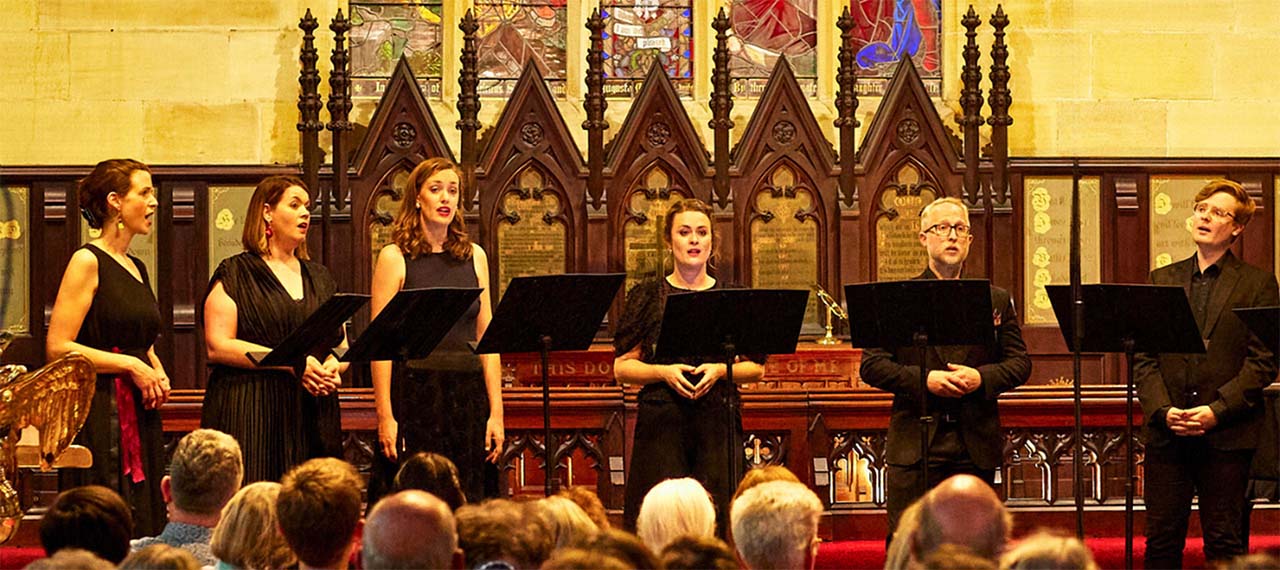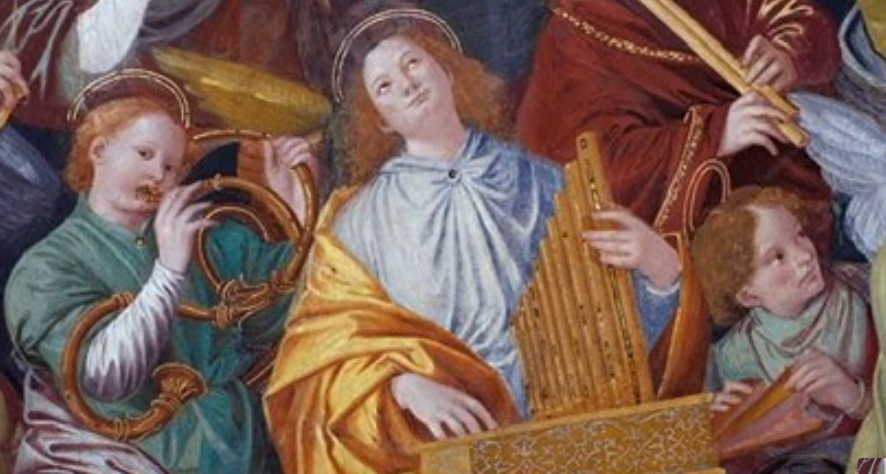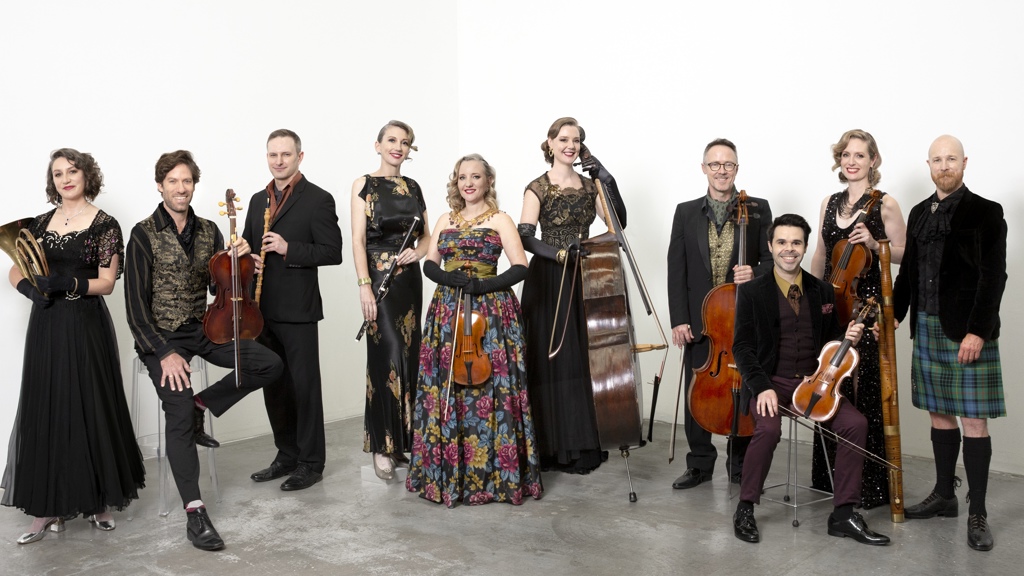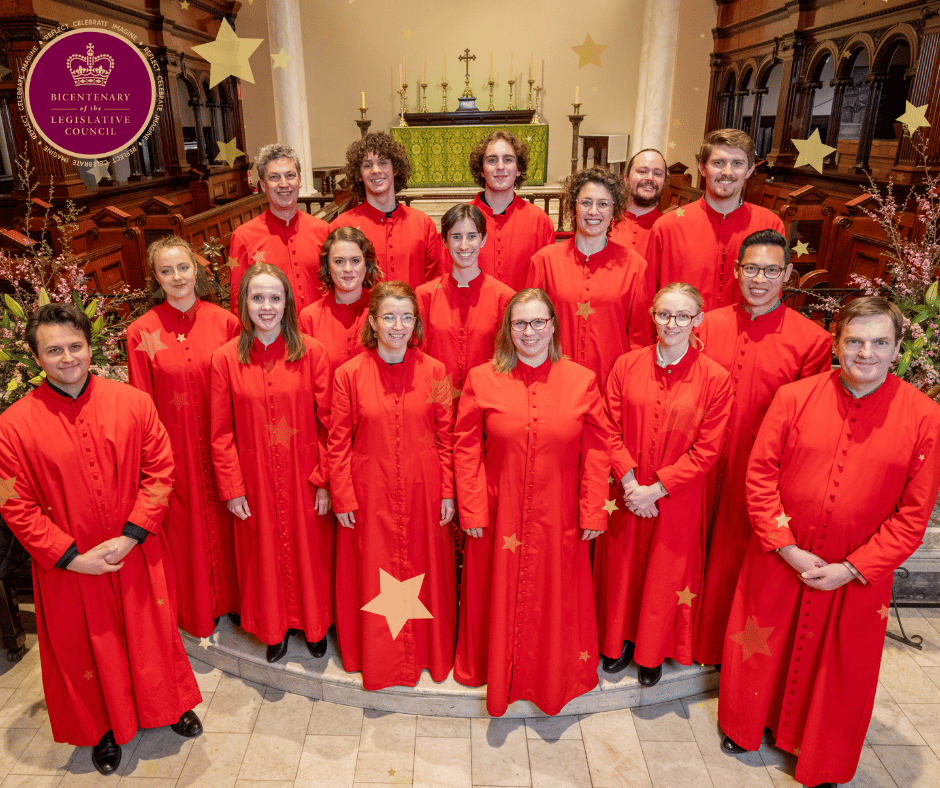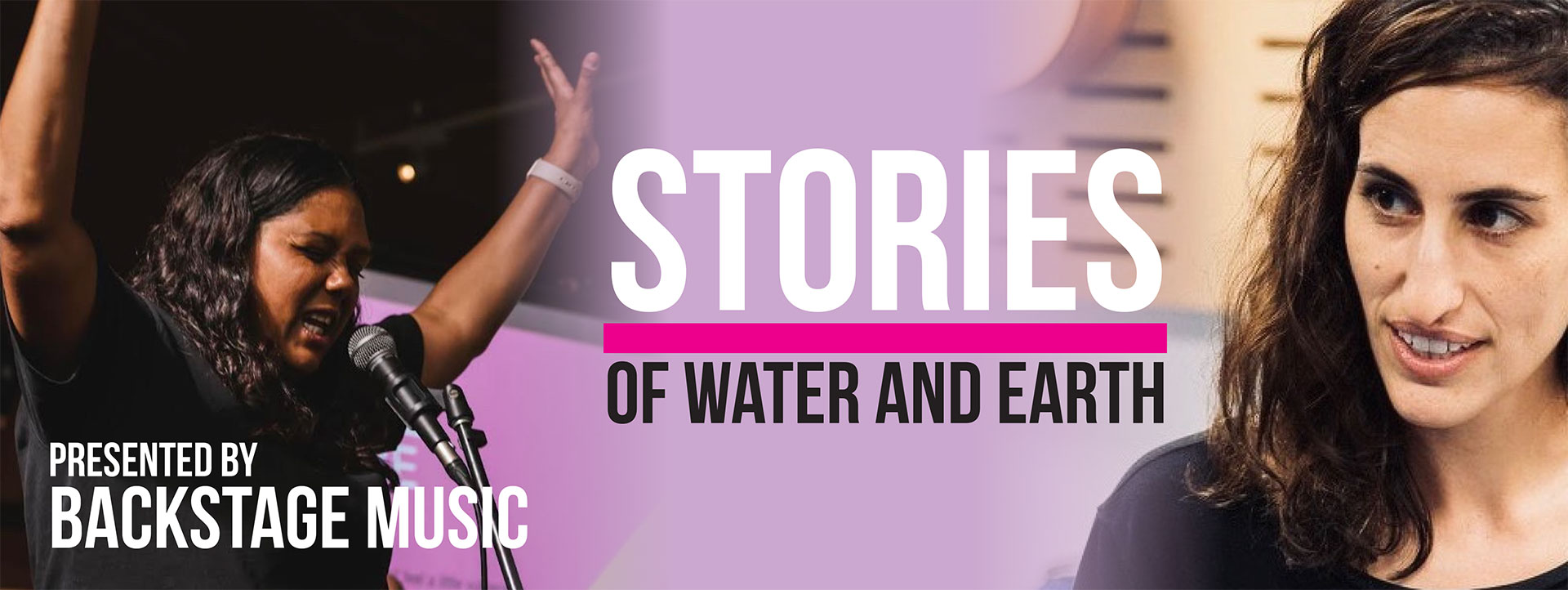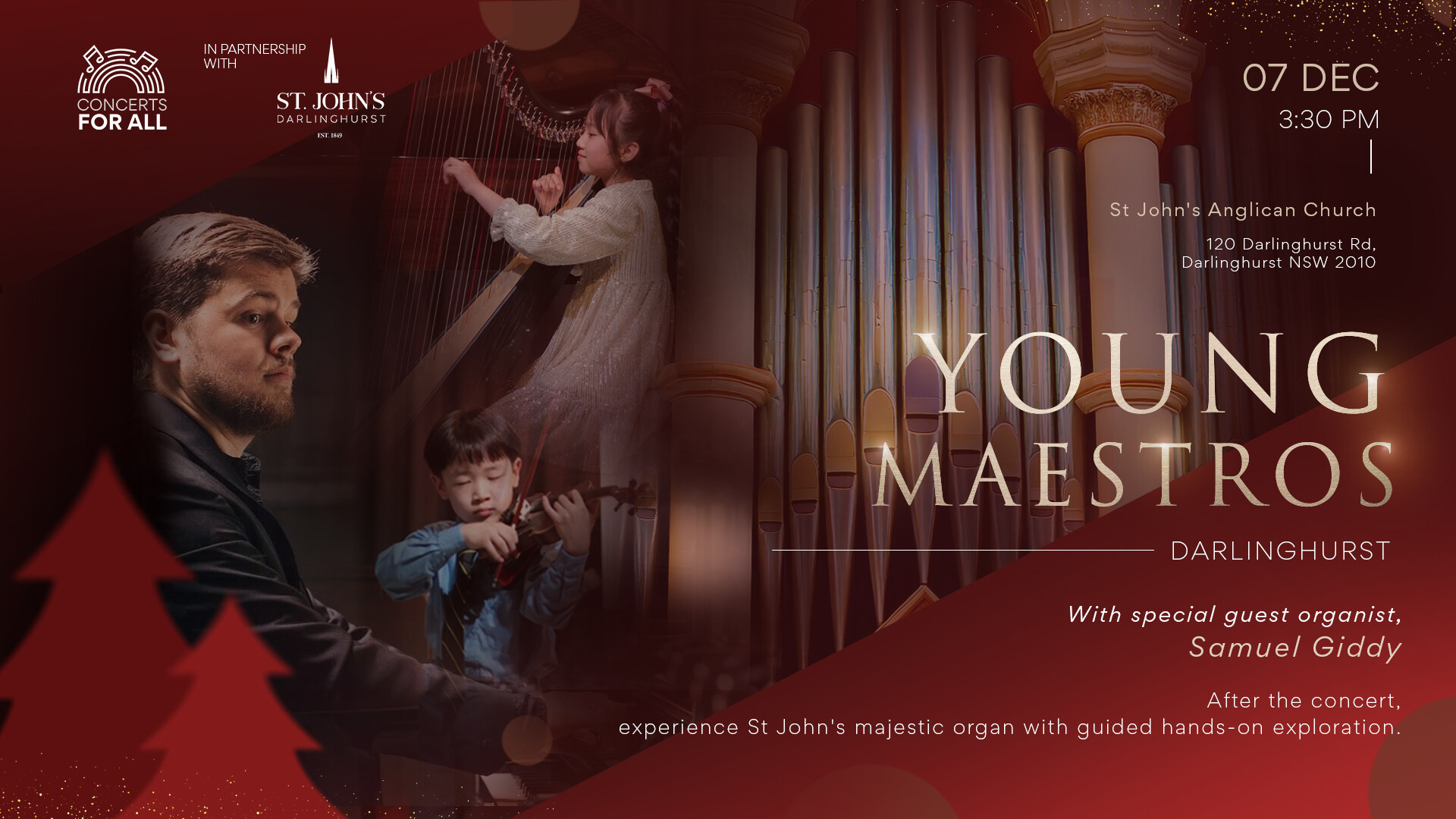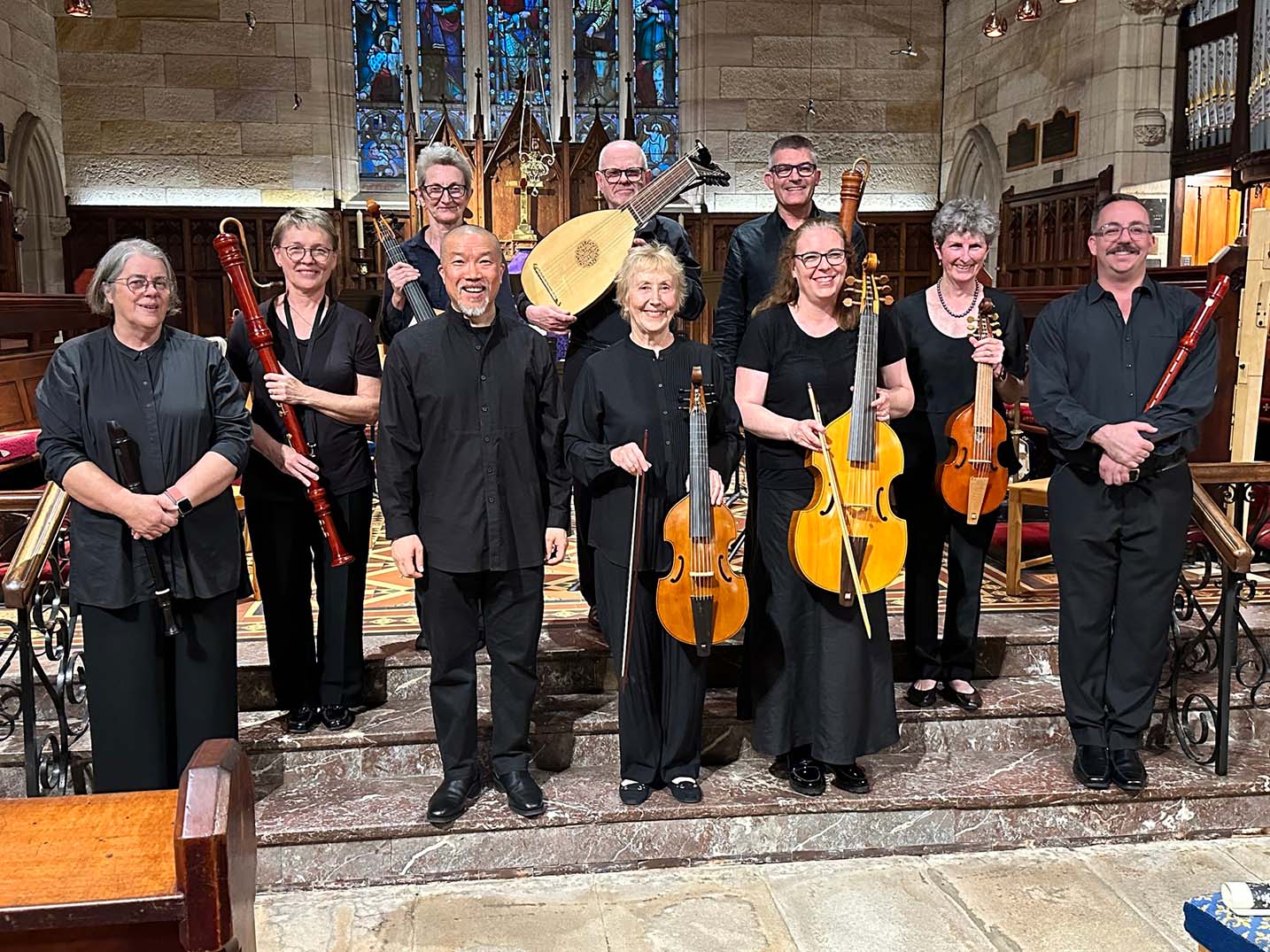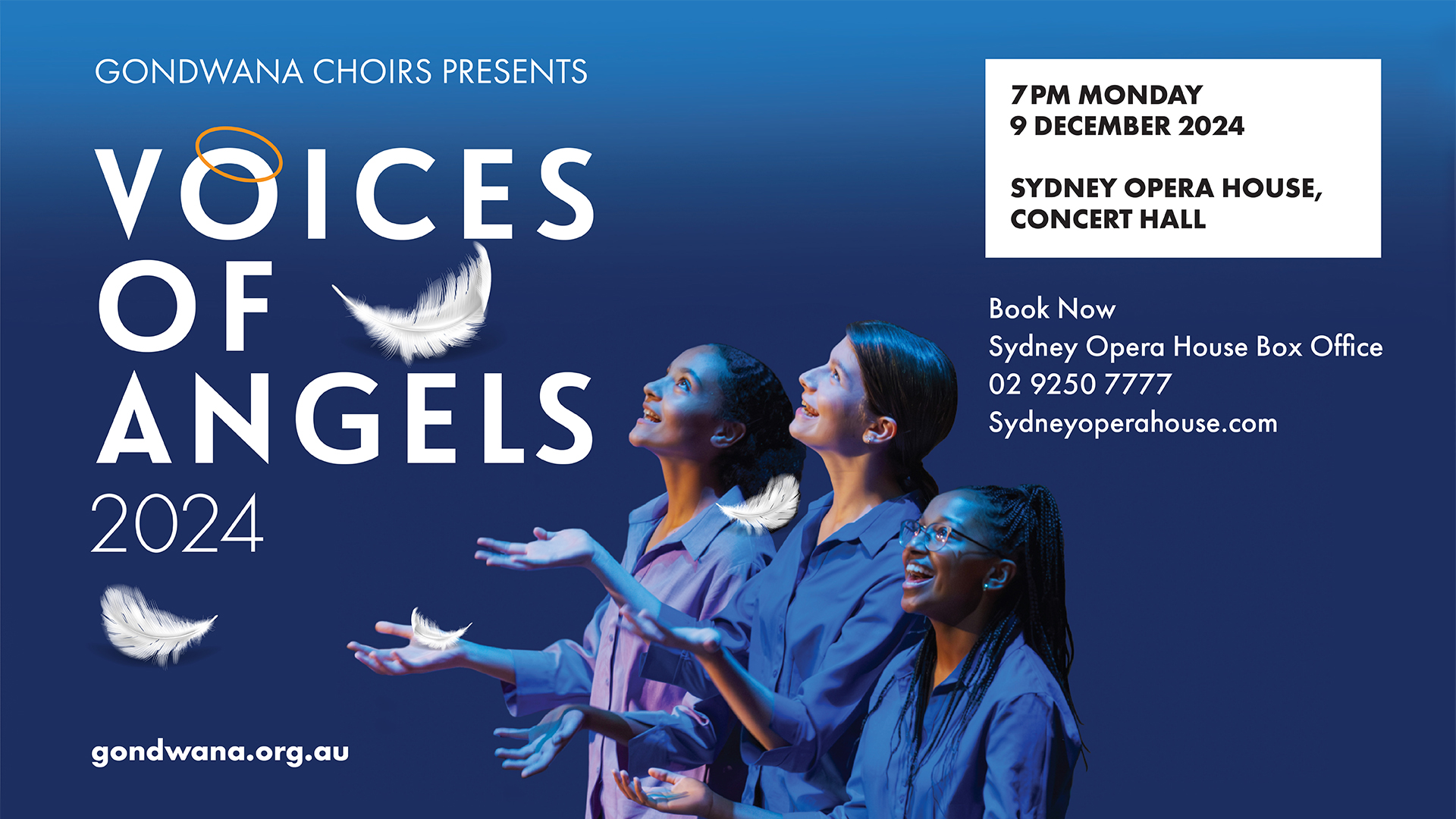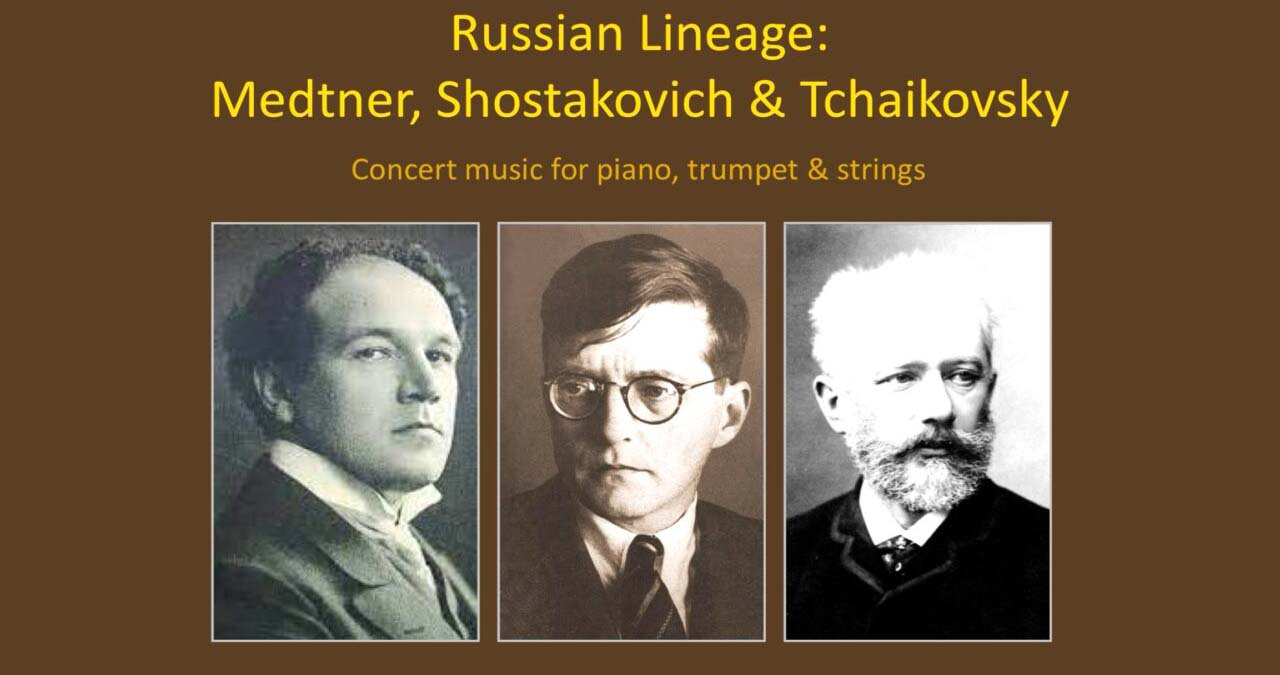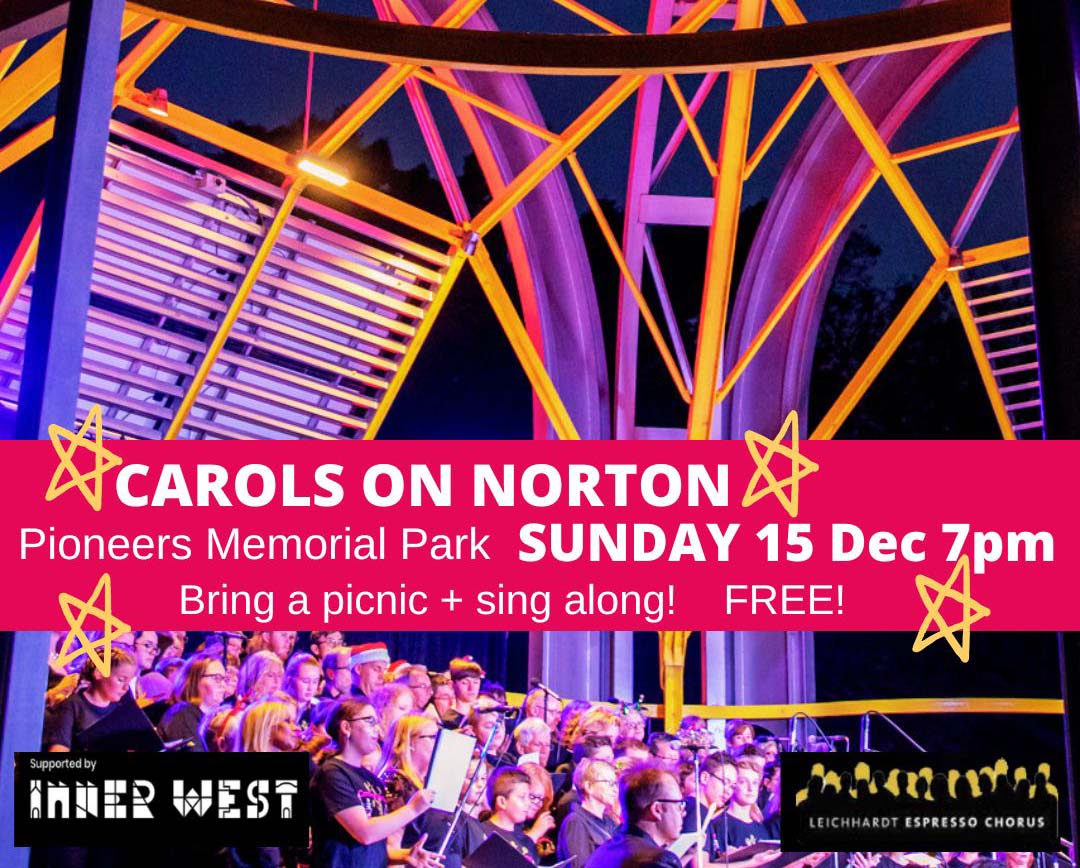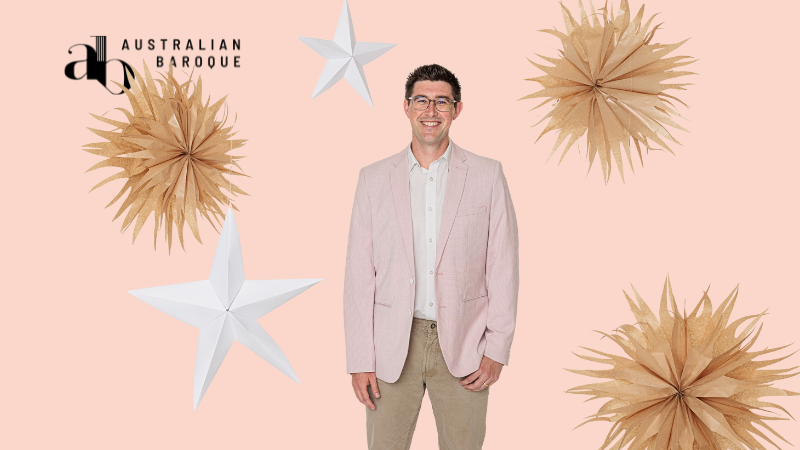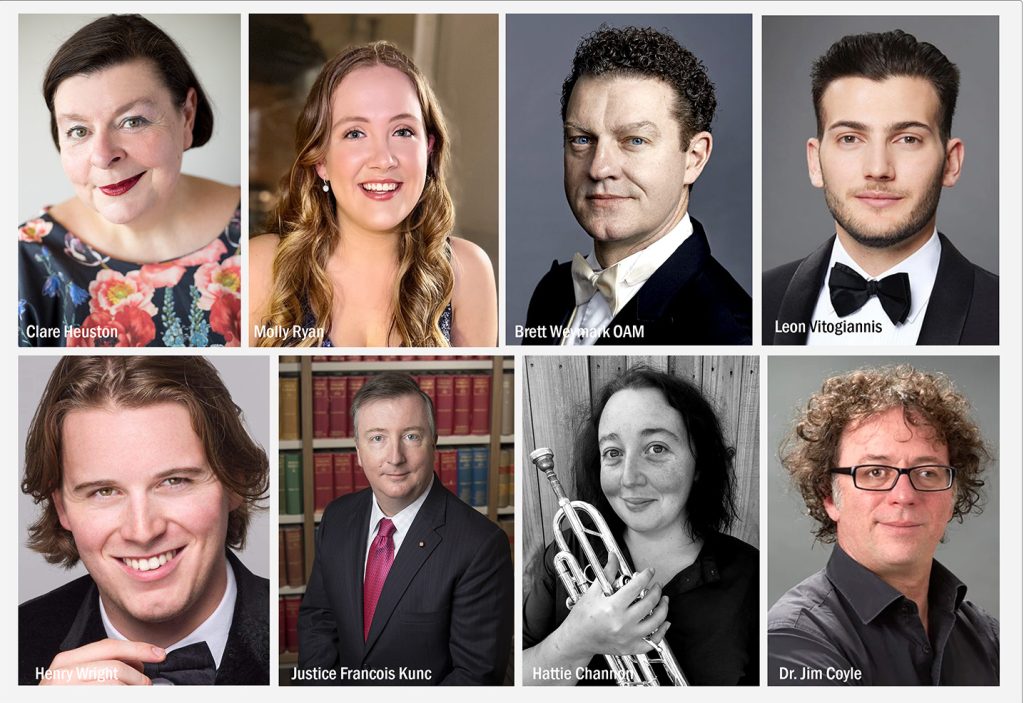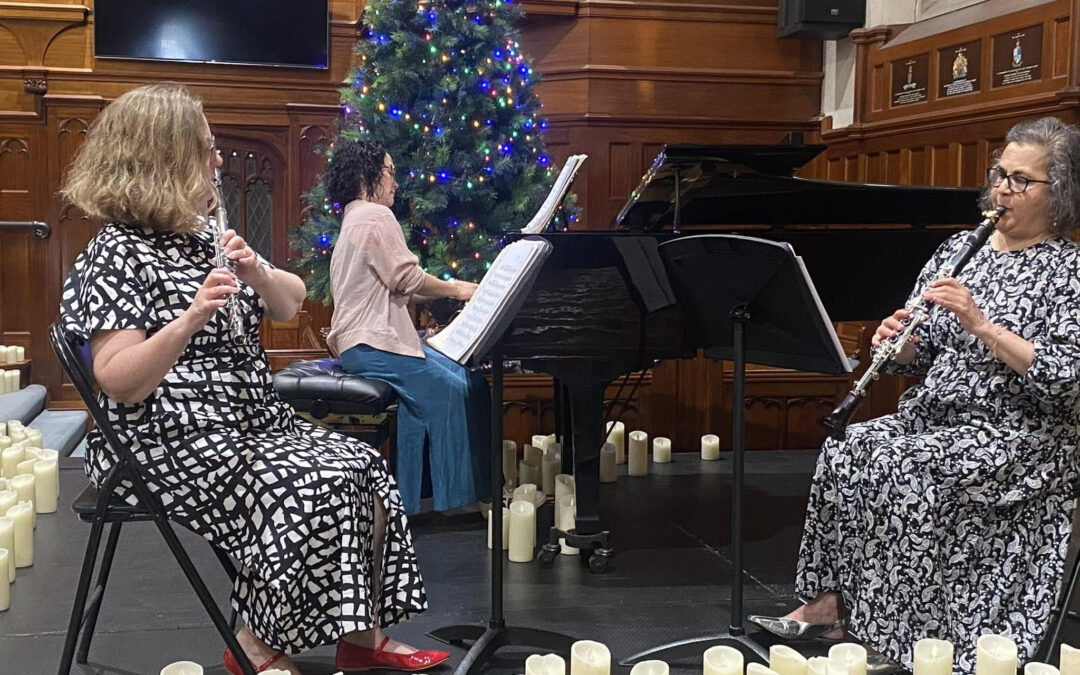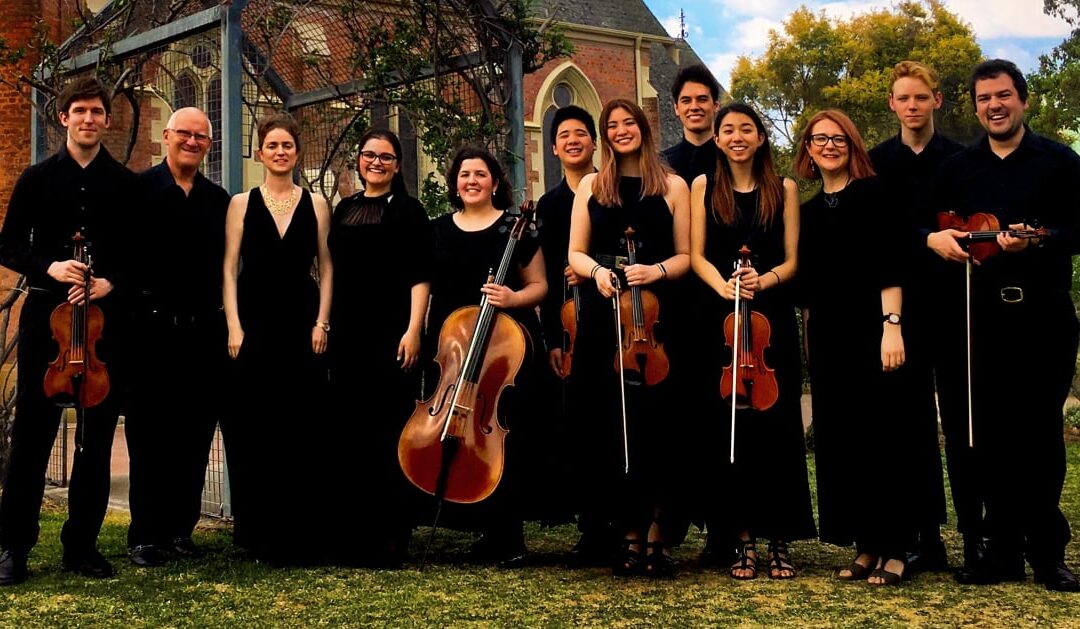Near perfect venue
The Cell Block Theatre is near perfect for showing off this group’s considerable capacities. It was the women’s prison in the original Sydney gaol. The outline of the staircase and the small dimensions of the former cells can be seen. This, all in sandstone, makes for interesting acoustic: not too dry, not too much reverberation. It is not going to disguise the errors, not that were there many to expose.
The men opened Introitus with confidence
Anthony Pasquill organised the concert around a number of pieces by Johannes Ockeghem (1410-1497) a Franco Flemish composer whose works are largely Mass-related. The opening pieces the Introitus and Kyrie from a Missa pro Defunctus (Mass for the Dead). The men opened Introitus with confidence and when the women joined, there was a gentle tone with clear diction. The Kyrie was attractively sustained with good diction and solidly realised endings. We then leapt into the early 21st century with a Pater Noster by Australian composer David Basden. This was short piece, singing in the Our Father without very much elaboration. It was located within tradition of the Mass represented by Ockeghem, but with an understated ‘modern feel’ about it.
Poulenc was both a traditionalist and a modernist
In the second section of the concert we experienced Poulenc: a plainchant Rex Tremendae and first two of the Quatre Motets pour un Temps de Penitence. Poulenc was both a traditionalist and a modernist. The first motet, Timor et Tremor, however, was almost operatic displaying strength by the high sopranos and with the tenors having their moment. We then returned to Ockegham with the men doing very well in in the Graduale of the Missa de Profunctis.
The centrepiece of the concert a highlight
James McMillan is a contemporary Scottish composer. This centrepiece of the concert, Miserere (2009) was, I thought, the highlight of concert at that point. It is very demanding setting of psalm 51, in McMillan’s words ‘a series of interlocking sections, bound together by a number of recurring motifs’, with some reference to Allegeri. Again the sopranos produced some stunning sounds and whole group produced power without unnecessary force. The four soloists drawn from the ensemble did their work well.
The basses brought their inner head voices to the fore
What was clear by now is that we moving back and forth within a much invoked tradition and hearing both the continuities and the variations. We returned to Poulenc once more after interval with the group singing the other two motets in the series of four. These were again challenging pieces with the ensemble generally managing the shifts of mood and style well, with the basses bringing their inner head voices to the fore. We then returned to the Missa pro Defunctis. In the Tractus the altos featured with some creamy sounds with a good ensemble sound overall. The Sanctus and Benedictus in plainchant featured a lot of difficult swapping around among the parts. Pasquill was giving the ensemble a work over.
Pasquill decided we needed to go out with a very big bang
Just as the group might have thought it was comfortable in the 15th century there was a shift back to the 21st century, although Australian but New York-based Anne Jacobs’ Ave Maria probably owed more to the 19th century than to the present, but the ensemble did it beautifully. We made a final visit to the Ockeghem Mass. The Offortorium had a familiar beginning but then moved into a series of difficult shifts with the basses and altos to the fore.
So we came to final piece and with all the religious music we might have become a little somnolent, if not complacent, about both the ensemble and the audience being in familiar territory. Pasquill decided we needed to go out with a very big bang, not a reverential whimper. The final piece was by Estonian choral composer Veljo Tormis called Curse Upon Iron. It begins with a shaman drum played by Jess Ciampa, followed by wordless rhythmic chanting from the choir and an Estonian choral specialist tenor, Keiren Scott, who seemed to be singing while spitting, with marginally more melody emanating from the bass Sam Piper. There were calls and responses from the soloists and choir, dance-like rhythms, sustained chanting and touch of throat singing and or so it seemed. There was even some choreography. Estonian is not one of my languages, but one of a number of Estonian speakers in the audience commented later that the choir had managed the language well.
To finish the concert thus demonstrates Anthony Pasquill’s gift for programing. We were taken back and forth from 15th traditional to 20th century gently modernist traditionalism, to contemporary perspectives within the tradition, and finishing with Estonian Industrial Jailhouse Rock. This program made enormous demands on a group, who while auditioned, are not a professional ensemble. They do have some very good singers. There were some imperfect moments, but with each part had its moments. Pasquill’s taste for choral high jumping had the whole ensemble reaching the heights, and the high voices (yes, including the tenors) leaping over the bar with panache, if not always with ease. They all should perform well in the forthcoming tour to Europe. It would be delicious joy to hear the Curse Upon Iron in St Peter’s Rome.
Review for
![]() Bel a capella | Miserere | Sunday 19 April 2015 | Cell Block Theatre
Bel a capella | Miserere | Sunday 19 April 2015 | Cell Block Theatre![]()

